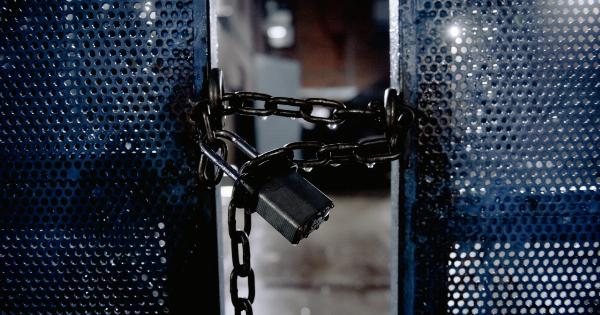When you sign a contract, whether it’s for a job, a lease, or a service, it’s important to understand what you’re agreeing to. One of the most important aspects to consider is the coverage you’ll receive.
This can determine everything from your compensation to your liability in certain situations. In this article, we’ll take a closer look at what coverage means in a contract, and why it’s so important to pay attention to.
What is Coverage?
At its most basic level, coverage refers to the protections that a contract provides to the parties involved. This can take many forms, depending on the type of contract.
For example, in a job contract, your coverage might include things like health insurance, retirement benefits, and paid time off. In a lease, your coverage might include protections against eviction or rent increases. In a service contract, your coverage might include guarantees of quality work or payment for damages.
Types of Coverage
While the specifics of coverage will vary depending on the contract, there are some common types that are worth knowing about. These include:.
Indemnity Coverage
Indemnity coverage is a form of protection against liabilities. Essentially, it means that if something goes wrong and one party is held liable, the other party will cover the costs.
For example, if you run a business that provides a service and a customer sues you for damages, indemnity coverage might ensure that your insurance company covers the costs of the lawsuit.
General Liability Coverage
General liability coverage is similar to indemnity coverage in that it protects against liabilities. However, it’s broader in scope and covers a wider range of risks.
For example, if you own a property and someone is injured on it, general liability coverage might cover the cost of their medical bills or a lawsuit.
Property Coverage
Property coverage, as you might expect, protects against damage or loss to property. This can include things like buildings, equipment, and inventory.
If your property is damaged or stolen, property coverage might cover the cost of repairs or replacement.
Workers’ Compensation Coverage
Workers’ compensation coverage is a type of insurance that provides benefits to employees who are injured on the job.
If you’re injured while working, workers’ compensation coverage might cover your medical bills, lost wages, and rehabilitation expenses.
Why Coverage Matters
So why is coverage so important? There are a few reasons:.
Protection from Liability
One of the biggest reasons to pay attention to coverage is that it can protect you from liability. If something goes wrong and you’re held responsible, coverage can ensure that you’re not left covering the costs yourself.
This can be especially important in situations where the potential costs are high, such as in a medical malpractice case or a workplace accident.
Financial Security
Coverage can also provide financial security. If you’re injured on the job or your property is damaged, having coverage can ensure that you’re not left with a huge bill to pay.
This can be especially important for small businesses or individuals who might not have the resources to cover those costs on their own.
Peace of Mind
Finally, coverage can provide peace of mind. Knowing that you’re protected in case something goes wrong can help you feel more secure and confident in your decisions.
This can be especially important for people who are taking on significant risks, such as starting a new business or signing a long-term lease.
Conclusion
Understanding the coverage in your contract is essential for making informed decisions and protecting yourself from liability.
Whether you’re signing a job contract, a lease, or a service agreement, taking the time to read the fine print and understand what protection you’ll receive can help you make the most of your contract and avoid costly mistakes.




























